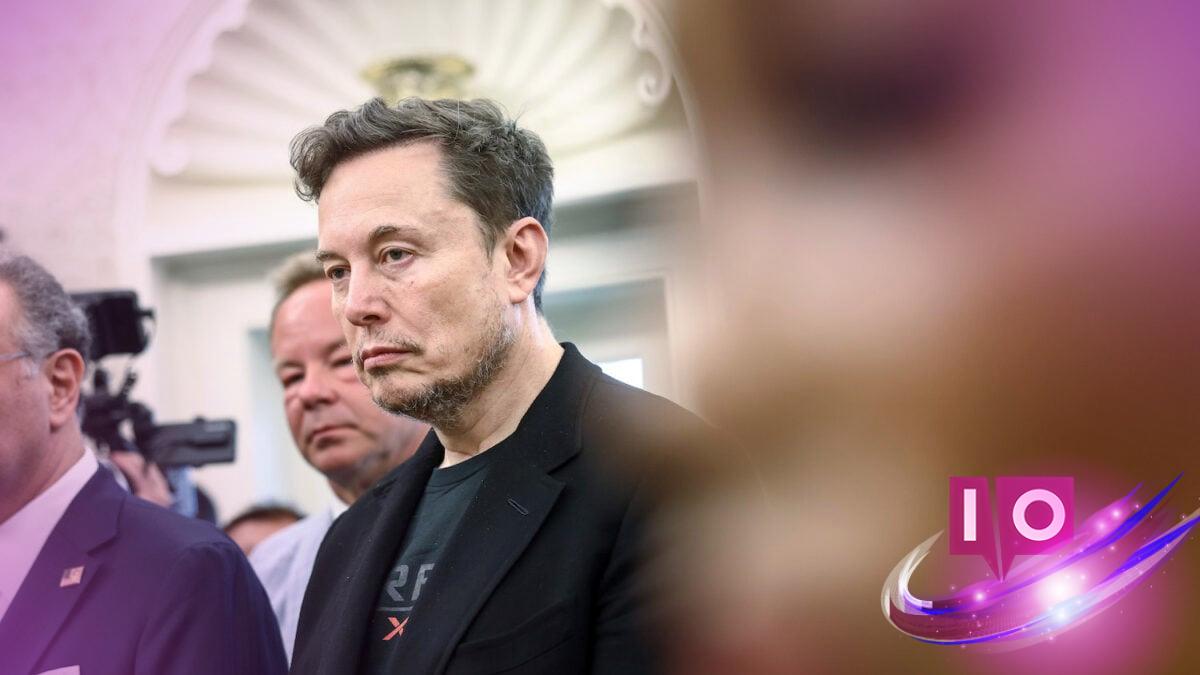With growing scrutiny around social media platforms, the debate on bias in digital spaces hits a crucial point. Elon Musk’s X, formerly known as Twitter, has faced accusations of harboring right-wing bias, prompting an investigation by French cybercrime authorities. The urgency of understanding this bias is vital as it impacts public discourse and transparency on social platforms.
Elon Musk’s X has recently made headlines, not just for its controversial moves but for a serious investigation led by France’s national police. The inquiry aims to examine whether X manipulates content visibility through its algorithms. This raises questions that many users and analysts are eager to explore. Is social media truly neutral, or do underlying biases influence what we see?
1. Understanding the Investigation
In January, France’s cybercrime unit launched an investigation into X following allegations of algorithmic manipulation. Reports indicate that two whistleblowers provided information that triggered government scrutiny, escalating the inquiry to potentially severe legal ramifications, including charges of data tampering and fraud.
2. Legal Foundations of the Inquiry
The basis for the investigation stems from a unique legal argument presented by French MP Eric Bothorel. In February, legal expert Michel Séjean published an analysis suggesting that under French law, manipulating a recommendation algorithm could be punished similarly to computer hacking. This analysis indicates a shift in how algorithm manipulation is viewed, emphasizing the need for accountability from social media platforms.
3. X’s Response to the Allegations
In a recent declaration, X vehemently denied the allegations, framing them as a politically motivated attack. The platform dismissed accusations of manipulating its algorithm for “foreign interference” as false. X emphasized its commitment to combating political censorship and protecting user data.
4. What’s Next for X?
X has made it clear that it will not comply with French authorities’ requests to disclose its recommendation algorithms or real-time user data. This refusal raises critical questions about digital privacy and the responsibilities of social platforms in responding to government inquiries.
5. Has X Shown a Bias Toward Right-Wing Content?
A study from the Queensland University of Technology pointed to evidence of algorithmic bias favoring right-leaning accounts, particularly following significant political events such as the assassination attempt on Donald Trump. This insight comes at a time when many are scrutinizing social media platforms for their role in shaping public opinion.
What is the significance of this investigation on the future of social media? The unfolding events will likely influence policies around transparency and bias, urging platforms to uphold ethical standards.
Why should consumers care about algorithm manipulation? Understanding these biases can help users make informed choices about the information they consume and share, fostering a more balanced dialogue on pressing issues.
Is there a way to hold platforms accountable for bias? As public awareness grows, it becomes increasingly important for users, policymakers, and tech companies to engage in discourse and address these challenges collaboratively.
As the situation develops, those interested in the dynamics of social media algorithms and their implications on free speech can monitor updates closely. For comprehensive insights and further discussions on related topics, feel free to explore Moyens I/O.
